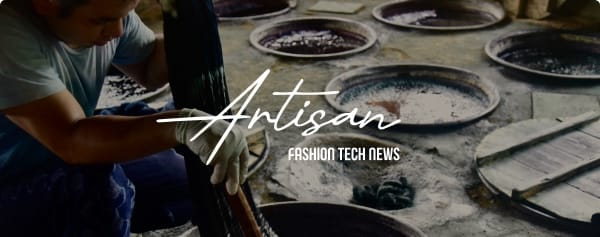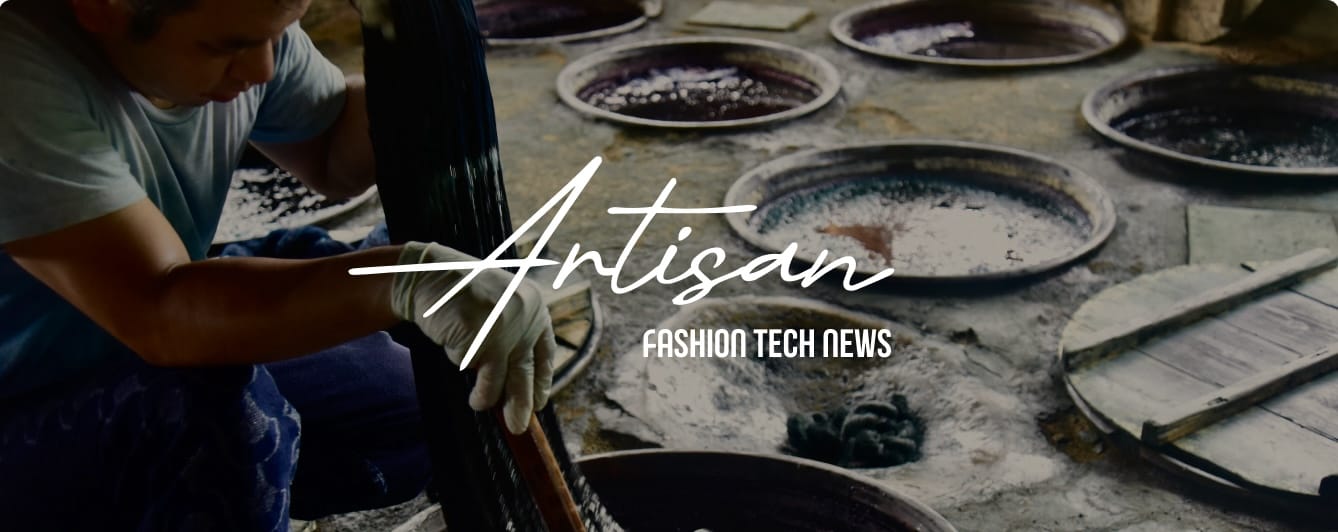01.27TUE
2024.06.28
Flocus™: Reviving the Kapok Tree for Sustainable Textile

Flocus™ is a textile startup founded in 2016 by Jeroen Muijsers and Sara Cicognani, focused on the innovative use of kapok fiber. Captivated by the lightweight, hypoallergenic "wonder fiber" sourced from kapok trees in Indonesia, the founders rediscovered the limitless potential of this natural resource, which is harvested from the non-edible pods of the kapok trees without the need for tree cutting. We had the opportunity to interview Ms. Cicognani to delve deep into the story of Flocus™.
Rediscovering the Kapok Tree
The journey of Flocus™ began when Jeroen Muijsers and Sara Cicognani were vacationing in Bali, Indonesia, and experienced a mattress made from kapok fiber. Intrigued by the fiber's softness and comfort, they discovered that kapok trees were widely used for stuffing pillows and mattresses during the Dutch colonization of Indonesia. However, starting in the 1940s, synthetic fibers like polyester replaced kapok due to their cheaper and faster production. This discovery inspired Muijsers and Cicognani to start a three-year research journey to rediscover the potential of this neglected natural resource.CONCEPT VIDEO
"fashion tech news" Unveils New Logo & Concept Video
TOP ARTICLES
RELATED ARTICLES
CONCEPT VIDEO
"fashion tech news" Unveils New Logo & Concept Video
CONTACT
If you have any questions or enquiries, please enter your details in the form below.

















.png?w=400&fm=webp)



